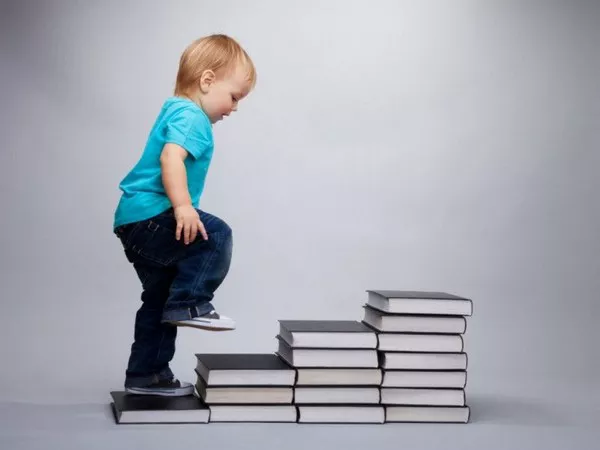As your little one starts to explore the world on two feet, finding the right pair of shoes becomes essential for their comfort, stability, and overall foot development. During the crucial phase of learning to walk, the shoes you choose can significantly impact your baby’s progress and foot health. In this comprehensive guide, we will explore the key factors to consider when selecting shoes for your little walker. From proper fit and design to materials and features, we’ll help you make an informed decision for your child’s first steps.
Importance of the Right Shoes
A baby’s feet are still developing and are highly sensitive during the early walking stage. The right pair of shoes can offer the necessary support and protection while promoting healthy foot growth. Ill-fitting or unsuitable shoes can hinder your baby’s progress, cause discomfort, and potentially lead to foot-related issues later in life.
Optimal Fit
The fit of the shoes is paramount. Toddlers’ feet grow rapidly, and their shoe size can change every few months. Always measure your child’s feet before purchasing new shoes, ensuring that you account for both length and width. Look for shoes with a roomy toe box to allow for natural toe splay and growth. Avoid overly tight or loose-fitting shoes, as they can cause blisters, calluses, or even impair proper balance.
Flexibility and Sole Design
Flexible soles are crucial for early walkers as they mimic barefoot walking, enabling better proprioception and muscle development. Avoid shoes with stiff soles, as they restrict movement and may affect your baby’s balance. Look for lightweight shoes with rubber or soft leather soles that provide adequate traction without being too slippery.
Ankle and Arch Support
While overly structured shoes are not recommended, some level of ankle support is beneficial for toddlers who are still mastering their balance. Look for shoes with cushioned ankle collars that gently hold the heel in place without constricting movement. Regarding arch support, toddlers usually have flat feet, which is a normal part of their development. High arch support is unnecessary at this stage and can even hinder natural foot development.
Breathable Materials
Toddlers’ feet tend to sweat a lot, so choosing shoes made from breathable materials is essential to prevent discomfort and skin irritations. Opt for natural materials like leather or mesh that allow air circulation and keep the feet dry.
Closure Mechanism
Velcro straps or elastic laces are ideal closure mechanisms for toddler shoes as they make it easier to put on and remove the shoes quickly. Avoid shoes with long laces or complicated buckles, as they may pose tripping hazards or frustrate your child during dressing.
Room to Grow
Considering how rapidly toddlers’ feet grow, it might be tempting to buy shoes a size larger to save money. However, oversized shoes can compromise your child’s stability and comfort, leading to potential issues. Aim for about half an inch of extra space in front of your child’s longest toe to allow for growth while ensuring a proper fit.
Avoiding Hand-Me-Downs
While passing down clothes and toys can be economical, it is best to avoid using hand-me-down shoes for your toddler. Each child’s foot shape is unique, and shoes that have conformed to another child’s feet may not provide the necessary support and comfort for your little one.
When to Replace Shoes
Be vigilant about monitoring the fit of your toddler’s shoes. As soon as you notice signs of wear or the shoes becoming tight, it’s time to replace them with a properly fitting pair.
Conclusion
Choosing the right shoes for your baby’s first steps is a significant decision that can impact their comfort, balance, and foot health. Prioritize proper fit, flexibility, and breathable materials to ensure your toddler can explore the world with confidence. By making informed choices and providing your child with supportive shoes, you are laying the foundation for a lifetime of healthy foot development.
Remember to measure your child’s feet regularly, and don’t hesitate to seek advice from a pediatrician or a professional shoe fitter if you have concerns about your toddler’s walking or foot development. With the right shoes and your loving support, your little one will be ready to take on the world, one step at a time.


